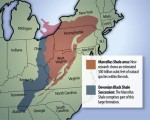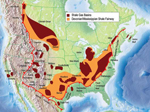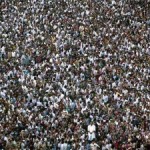Shale-Shocked: Fracking Gets Its Own Occupy Movement
By Ellen Cantarow, Tom Dispatch. “This is what my kids are made of. They are made of water. They are made of the food that is grown in the county that I live in. And they are made of air…. And when you poison these things, you poison us.” – Sandra Steingraber
Continue reading →







